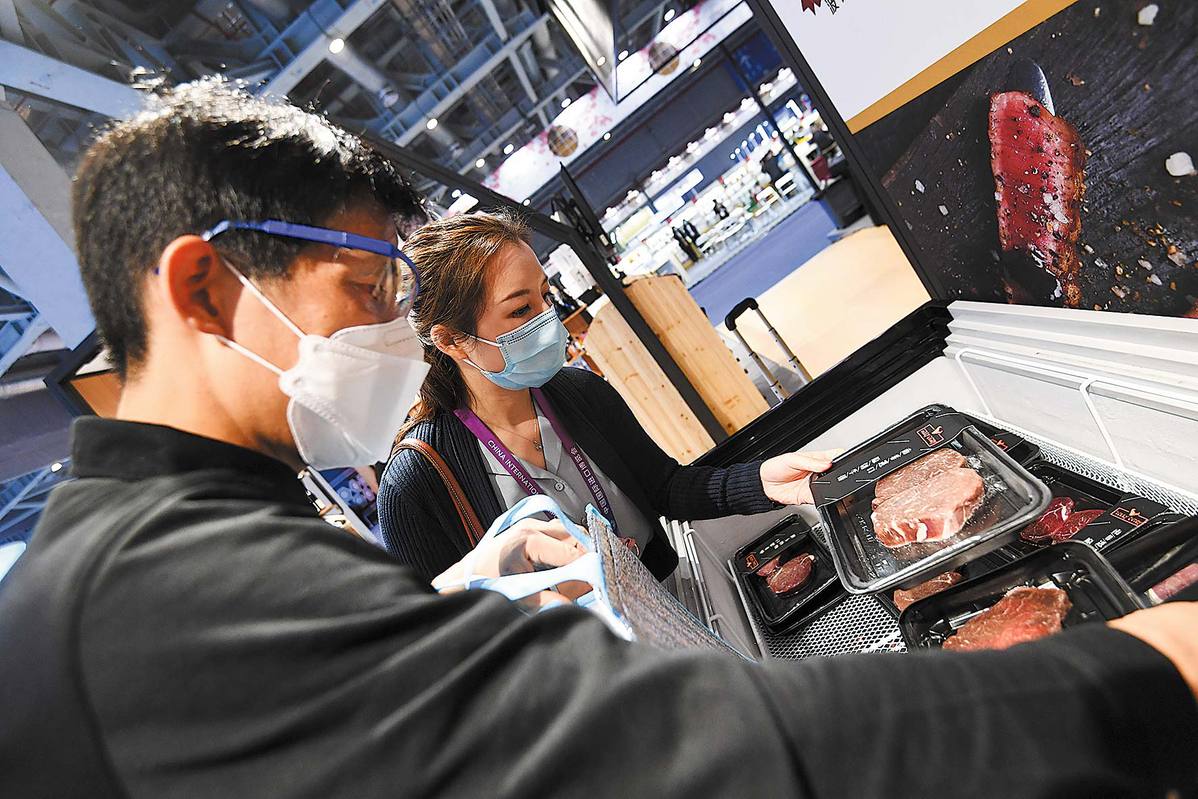Online sales driving African exports to China higher


E-commerce is key
China and Rwanda have signed a memorandum of understanding on e-commerce cooperation, with the aim of helping to sell high-quality Rwandan products like coffee, chile sauce and tea on various Chinese e-commerce platforms.
The country's e-commerce market seems an ideal marketing space for African countries, as it's the largest globally, generating almost 50 percent of global transactions.
Data from eMarketer, a market research company in the United States, indicates that through China's online retail portals, about 710 million digital buyers made purchases. Transactions topped $2.29 trillion in 2020 and are forecast to hit $3.56 trillion by 2024.
Rwanda and Ethiopia have already witnessed increased sales of coffee and other products on the Chinese market through Alibaba's Electronic World Trade Platform. In 2020, Rwanda's online coffee sales to China increased by 400 percent.
Increased exports from Africa have also been attributed to measures like expedited goods quarantine and inspection and tariff exemptions.
In his keynote speech at the opening ceremony of the Eighth Ministerial Meeting of the Forum on China-Africa Cooperation, which was held in Senegal in November, President Xi Jinping announced that China will establish a "green corridor" for the export of African agricultural products to China that aims to import $300 billion worth of goods from Africa in the next three years.
Over the past four years, more products from countries such as Kenya, South Africa and Egypt have been approved for access to the Chinese market. The country has become the second-biggest export destination for African agricultural products, Wang Wenbin, spokesman for the Foreign Ministry, said at a news conference in August. Last year, agricultural exports from Africa to China increased by 18 percent year-on-year, he said.
In August, Kenya started to export avocados to China, following the signing of agreements to facilitate bilateral trade for the export of avocados and aquatic products. The move was hailed by businesses in both countries, especially Kenya, which is the largest producer of the fruit in Africa.
Ambassador Toga anticipates increased African exports to China in the next few years.
"The purchasing capacity of the Chinese is rising, which means that many are in a better position to purchase goods from foreign countries," he said.
While prioritizing the role of e-commerce in introducing more products to China, Ethiopia also plans to work with Chinese companies to increase production and to add more value to Ethiopian products destined for the Chinese market, he said.
Deliah Nalukwago, a coffee producer from Uganda, said that many entrepreneurs see China as an increasingly important export destination.
As a frequent visitor to Beijing, Nalukwago said she has seen a huge demand for foreign products among Chinese consumers. But compared with goods from places like Europe, African products are not as common in Chinese supermarkets, which presents great potential, she said.
"In Uganda, many people have shown interest in exporting to China, and it's the same with other countries like Kenya. They want access to the Chinese market as well," she said.
Uganda is a landlocked country that largely relies on ports in neighboring Djibouti for international trade. With the building of the Djibouti International Free Trade Zone by the China Merchants Group, logistics costs and taxes will be greatly reduced, Nalukwago said.
Although Nalukwago only exports coffee as a raw material to Europe at present, Nalukwago said she hopes to export more value-added products to China.
"I'm not interested in exporting coffee as a raw material. I'm interested in creating products around coffee, such as snacks like chocolate, real products that you could find in Wumart or any Chinese supermarket that people would love and enjoy."























